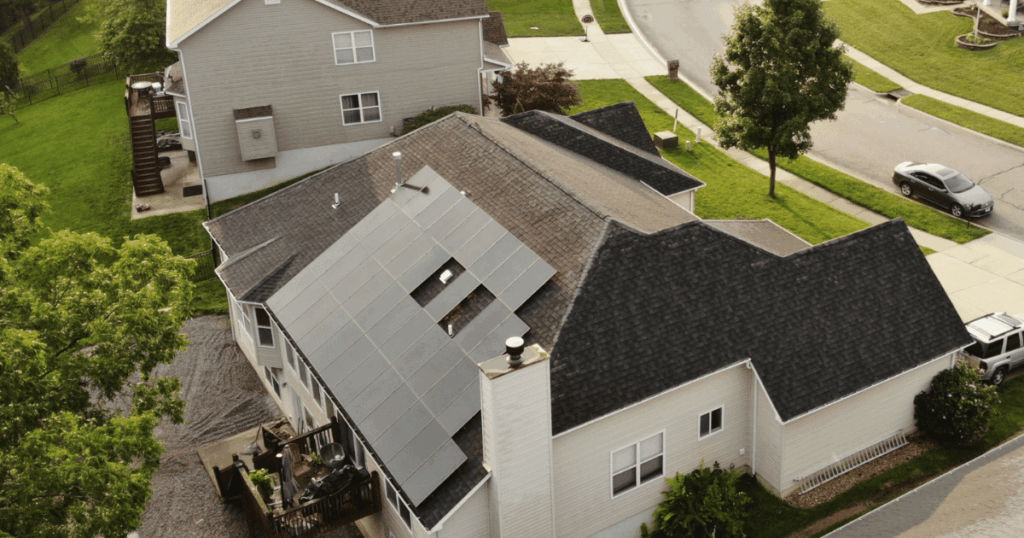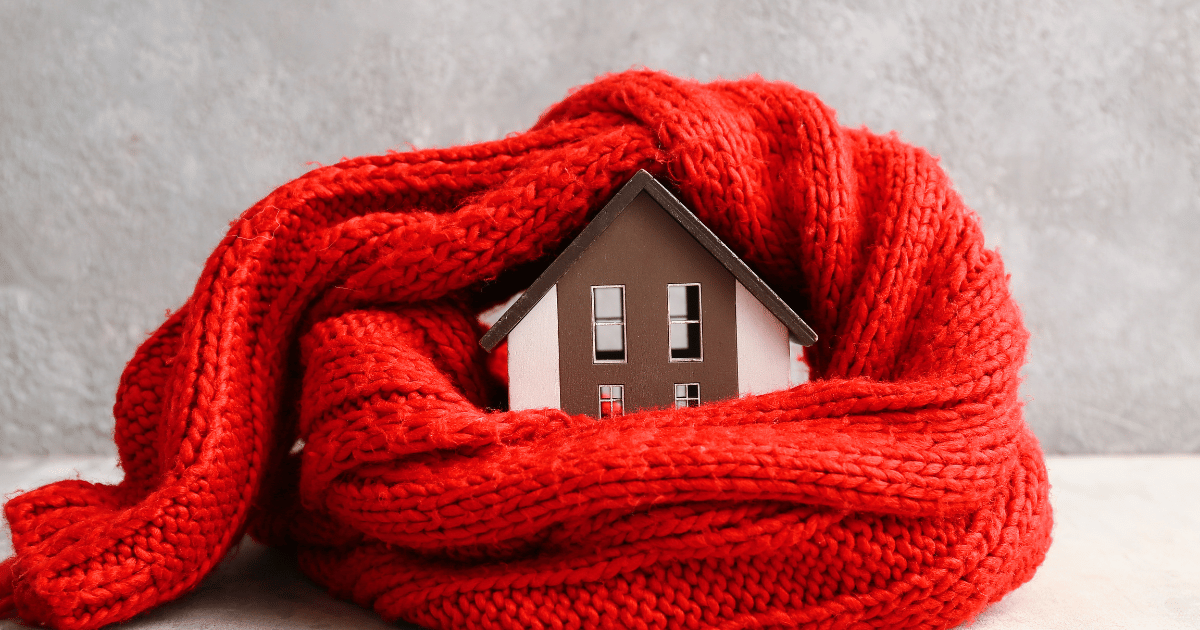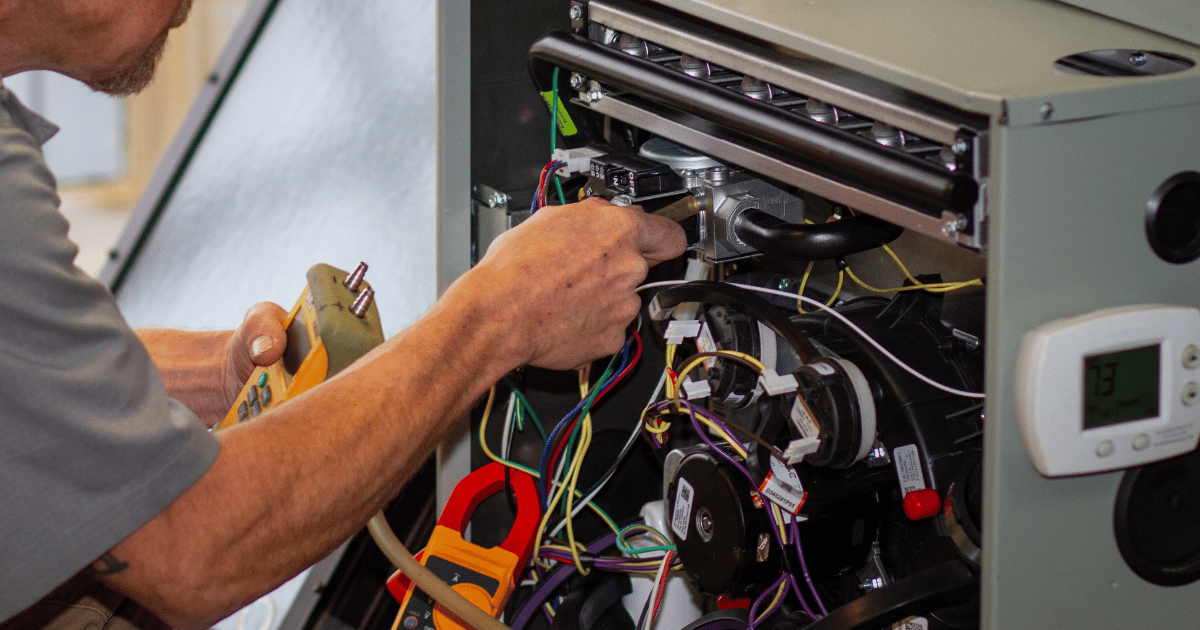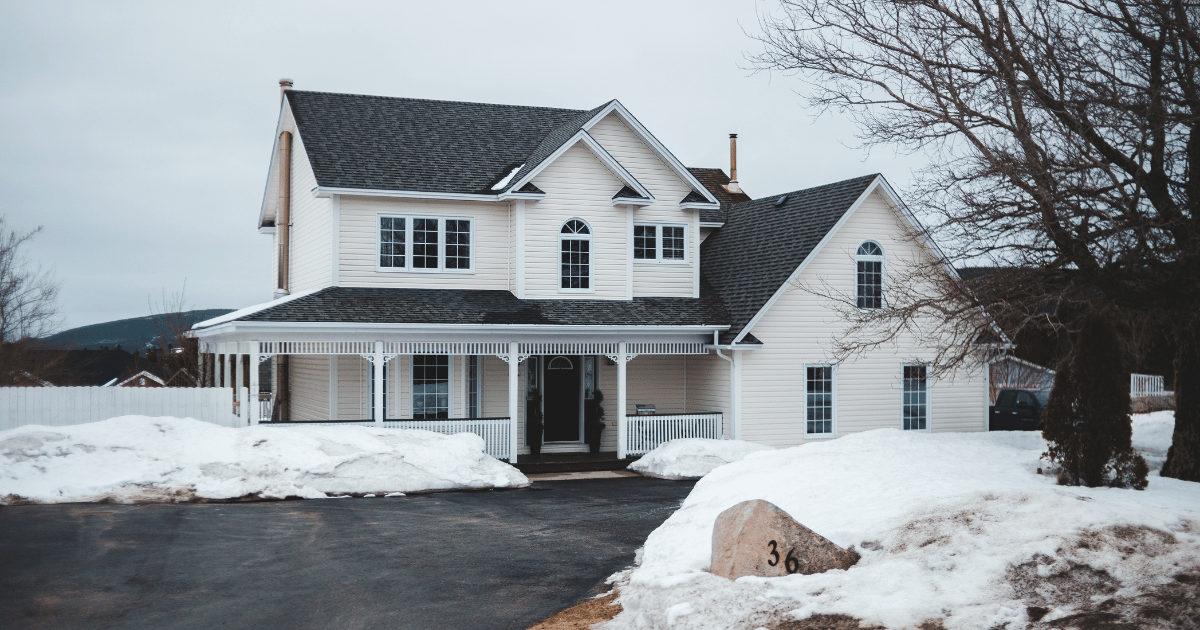If you’re thinking about going solar, you’ll probably run into this question pretty quickly: Should you rent your solar panels or buy them?
It’s not just a financial question—it affects how much you save, how your system performs, and how easy it is to sell your house later. And in Central Illinois, local rebates and net metering rules add a few more layers to the decision.
Here’s how it works.
Renting (also called leasing or using a PPA):
- Usually $0 down, with a set monthly payment
- You don’t own the system—the installer or leasing company does
- Any tax credits or local incentives go to the owner (not you)
- Maintenance is often included in your agreement
- When you sell your home, the buyer has to take over the lease
Owning (paying upfront or financing with a loan):
- Higher upfront cost or monthly loan payments
- You own the system and get all the tax credits and incentives
- You’re responsible for maintenance, though most systems need little
- Adds value to your property and makes selling simpler
- You’ll usually see more long-term savings compared to leasing
What Makes Central Illinois Different?
Most national articles skip this part. But here, local programs and utilities make a real difference.
Illinois Shines (ABP): This state-run program pays you for the energy your panels produce. But if you lease, the installer keeps those payments.
Federal Tax Credit: If you own your system, you can deduct 30% of the cost on your federal taxes. Lease customers don’t qualify.
Net Metering with Ameren or local co-ops: When your panels send extra power to the grid, you get credited on your bill. If you rent, the lease company usually takes the credit. If you own it, it goes to you.
So, ownership gives you access to all these savings. Leasing doesn’t.
What Does It Cost in Central IL?
Let’s say you’re installing a 6 kW system. Here’s a rough idea:
- Cash purchase: Around $18,000 upfront. With incentives, it might drop to $12,000–$13,000.
- Loan: $0 down, about $120–$150/month over 10–12 years.
- Lease: $0 down, around $80–$100/month—but you don’t get the credits or full savings.
In the long run, owned systems usually save $10,000–$20,000 more over 20–25 years. But it depends on your home, usage, and financing.
What Happens If You Sell Your Home?
This part gets overlooked. It shouldn’t.
If you own your panels, they usually add value. You can price them into the sale or pay off your loan and transfer ownership. Buyers like that the system comes with no strings attached.
If you lease, it’s trickier. The buyer has to agree to take over the lease. Some are fine with it. Some aren’t. In a slow market, this could make your home harder to sell.
Maintenance and Repairs
Leased systems often include a service agreement. If something breaks, the leasing company fixes it.
Owned systems don’t usually come with that, but most solar equipment has extended warranties (20–25 years on panels, 10–12 on inverters). Repairs are rare, but if you need to handle them, you’ll need to call someone who does.
When Leasing Might Make Sense
Owning tends to come out ahead in savings. But leasing isn’t always a bad choice. It might work for you if:
- You don’t qualify for tax credits
- You don’t want the maintenance risk
- You’re planning to move within 5–7 years
- You want solar, but financing is a barrier
Just make sure you understand the lease terms and who gets the incentives.
When Buying Is the Better Option
If you’re planning to stay in your house long term, buying usually makes more sense. You’ll keep the incentives, the savings, and the resale value.
Buying gives you more control over the equipment, too, especially if you want to add battery storage or an EV charger down the road.
A Real-Life Example
Let’s say you pay about $180/month for electricity now.
- If you lease, you might pay $90/month to the leasing company, with small utility savings. Total monthly cost: $120–$150.
- If you own: After incentives, your loan payment could be $140/month, but your utility bill might drop to $15. Total cost: $155 now—but once the loan’s paid off, your energy is nearly free.
Still Not Sure? Use This Checklist.
- Do I plan to stay here for at least 10 years?
- Do I want the tax credit and state incentives?
- Can I qualify for a low-interest solar loan?
- Am I okay managing warranties or maintenance?
- Do I want to increase the value of my home?
If you answered yes to most of these, owning might be the way to go.
Making the Right Call for Your Situation
In Central Illinois, solar incentives are strong, but they don’t always benefit renters. Ownership puts more savings in your pocket over time, but it does come with higher upfront responsibility.
The best option depends on your situation. If you’re still weighing your choices, talk to a solar professional who knows the local programs and utilities. Just make sure you’re asking the right questions before signing anything.
Need help figuring out your solar options?
Give us a call. We’ll walk you through it, no pressure.




